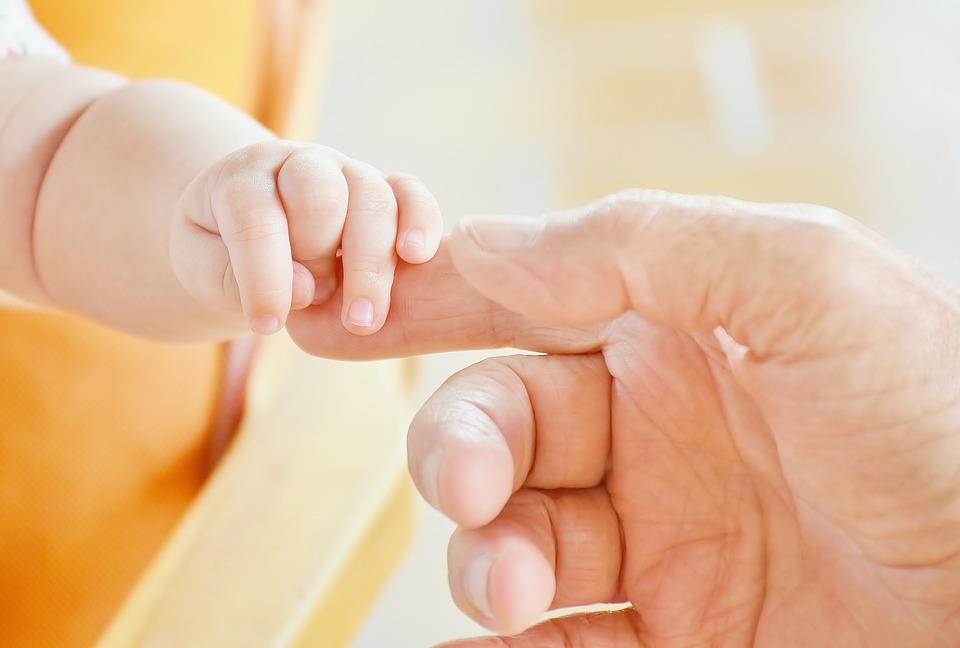6-Months-Old Babies Learn Through Being Imitated
At such an infant age, children are able to recognize adult behavior.
Scientists from Lund University (Sweden) conducted an experiment involving six-month-old infants. Researchers came to the kids’ home and played with them using different approaches: either mirroring all the actions of the babies and changes in their facial expressions, or imitating only their movements without changing the facial expression, or simply responding to the babies’ actions with appropriate actions.
It turned out that babies understand very well when an adult mimics them and they like it. When the researchers worked as a “mirror,” the kids looked at them longer, smiled at them, and strove to approach them.
“It turns out that mimicking babies is an effective way to attract their attention and get closer to them. Mothers of the babies were very surprised to see how their children joyfully play teasers with strangers,” said the lead author of the study, Gabriela-Alina Sauciuc.
During such imitation games, infants also showed signs of the so-called “testing behavior”, that is, they checked the limits of what was allowed. For example, if a baby tapped the table, and the researcher repeated this action, the baby, as a rule, would tap it a few more times, carefully monitoring the adult’s reaction.
Even if no emotions were reflected on the adult’s face, the children usually still recognized that they were being mimicked and started testing. This means that six-month-old infants are well aware of the connection between their own behavior and the behavior of others, Sauciuc explained.
In addition, during imitation games, children learn about cultural norms and learn to interact with other people, so scientists say parents should mimic their babies more often.

